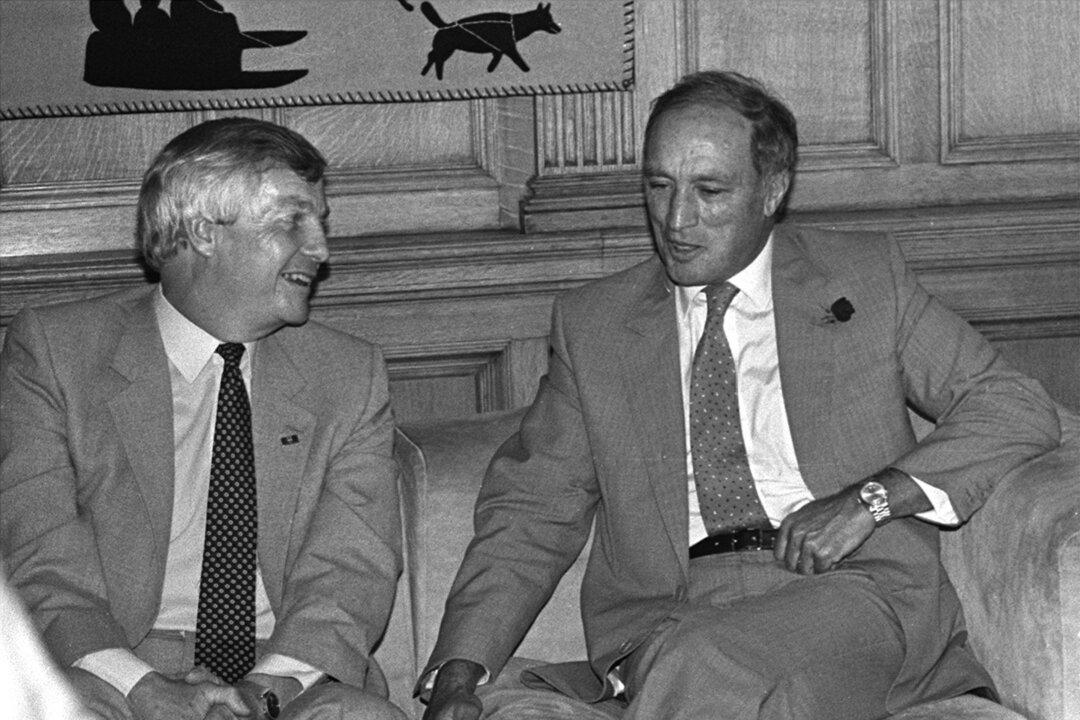The all too oft-repeated déjà vu of Alberta versus Ottawa discord on the oil and gas sector has resurged again amid talk of how best to respond to potential U.S. tariffs.
The deeply rooted struggle bubbled to the surface again last week when Alberta Premier Danielle Smith refused to sign a joint statement with Ottawa on potential responses to U.S. President Donald Trump’s threat of 25 percent tariffs on Canada.





